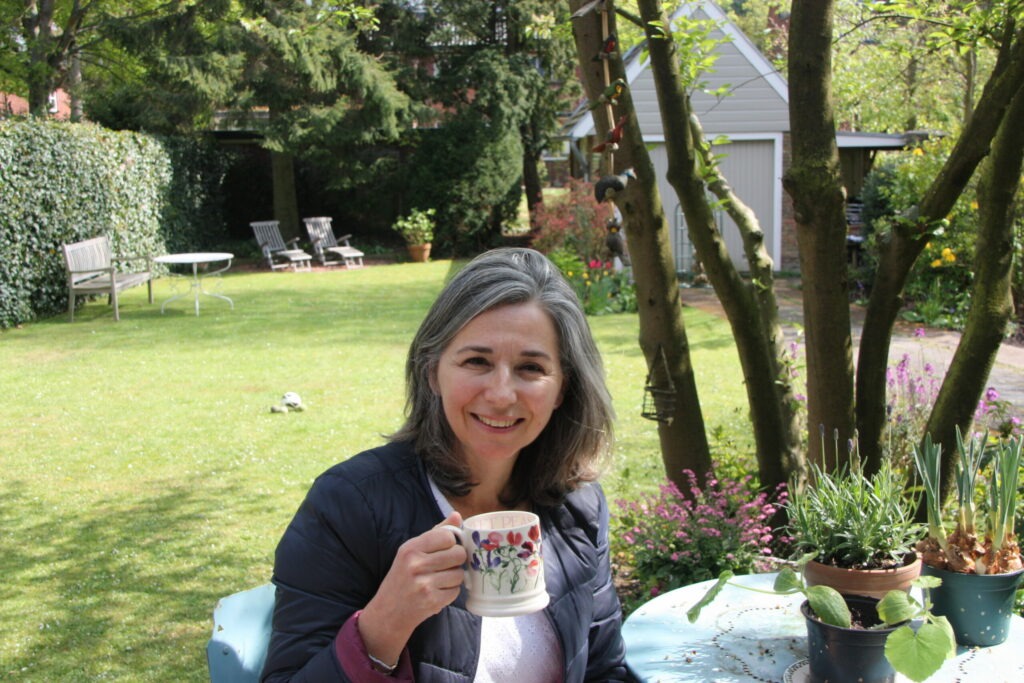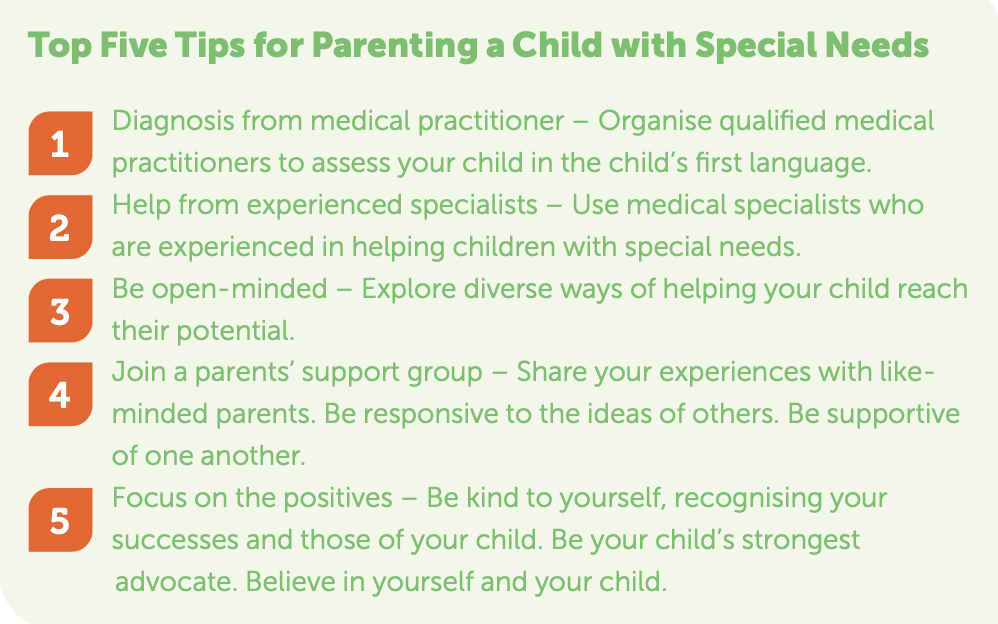ACCESS NL > Features > Positive parenting: Families with special needs children
Positive parenting: Families with special needs children
2020-08-13 | By Lisa Medved
Joining a support group is one of the most proactive steps you can take to managing a significant challenge in your life. Whether you’ve newly arrived in the Netherlands or you’ve lived here for twenty years, developing connections with others who understand your situation is vital for maintaining a positive outlook.
When Linda Bosma-Malley was told by a doctor 13 years ago that her son Lars had Attention Deficit Hyperactivity Disorder (ADHD), she was determined to seek out other parents who were experiencing the same challenges as her family. “A diagnosis of ADHD affects the entire family,” she says, “and I wanted to talk with other mums who understood what our family was going through.”
Lars’ mischievous behaviour became more challenging once he began school. She recalls the disapproving looks from parents at the school gate. “When Lars was diagnosed, I wanted to protect him from being misunderstood about his behaviour, so I told friends and teachers about the diagnosis so they would understand,” says Linda.
Linda found that most parents and teachers were supportive. “People made an effort to learn about ADHD and didn’t wrongly judge behaviour as being naughty or due to poor parenting.”

Originally from the UK, Linda now lives in Wassenaar with her Dutch husband Nils and three children. Linda rolls her eyes when reminiscing about the numerous appointments they attended with Lars. “Family doctors, specialists, paediatricians, audiologists, teachers,” she says. “We saw them all.”
Sharing knowledge
“By far the best thing I ever did,” says Linda, “is open up and share about my family’s experiences with ADHD.”
Support groups help participants increase their knowledge and learn strategies for dealing with the challenges they face. Linda joined the ADHD Support Group in 2009 and instantly felt that she had discovered a group where she could learn from other parents in a similar situation.
Members from the ADHD Support Group are from a range of backgrounds and are connected through their common bond of raising a child with ADHD. Their children, who attend Dutch or international schools, are equally diverse, with many having additional conditions such as dyslexia, autism, anxiety or depression.
“We’ve discussed mindfulness, alternative therapies, diet, medication, family dynamics, sibling rivalry, homework and routines,” says Linda. “Many of us have teenagers, so we‘ve also discussed the challenges they go through, especially when curious about alcohol, sex and drugs.”
Activities organised by the group focus on creating face-to-face connections. Coffee mornings, potluck dinners and guest talks allow members to meet on a regular basis. While social media also plays a positive role by providing members with information and encouragement, the activities make the connections stronger and more personal. (Throughout self-isolation, in place during the Covid-19 pandemic, face-to-face gatherings have been postponed, and participants encouraged to connect online.)
Finding acceptance
Helen Claus, an educational consultant for children with additional needs, agrees that support groups are helpful as a way of feeling affirmed as a parent. “Raising a child with special needs can be isolating,” says Helen, “so it’s important that families feel encouraged, accepted and part of a supportive, like- minded community.”
Helen hosts a weekly meet-up for international parents through her educational consultancy Inclusion4All. “Parents can share their joys and frustrations,” says Helen, “as well as exchange ideas and resources.” “There’s always lively discussion,” says Helen, “often laughter, occasionally tears. There’s no judgement or criticism, only acceptance and understanding.”
Helen is also involved in the Autism Association for Overseas Families (AAOF), which encourages families who have a child with autism to connect through a Facebook group. “Online groups can help reduce the feeling of social isolation that some families go through,” says Helen. “It’s a safe place for parents to share frustrations, especially for those unable to attend a face-to-face group.”
“It’s reassuring for parents to know that they’re not alone in their journey,” says Helen, “and that there are people facing similar challenges who understand and can help.”

The best thing was to open up and share about my family’s experiences
Support for Global Families
Support groups are beneficial to families living away from their home country or have a cross-cultural family by encouraging connections with people from diverse backgrounds.
Dr. Anisha Abraham, paediatrician and teen health expert, agrees that speaking to other parents who have children in similar situations can be uplifting. In her book, Raising Global Teens: Parenting in the 21st Century, Abraham advises “being aware and proactive about children’s needs can go a long way in helping teens with ADHD to thrive.”
“In many of the places I’ve worked,” says Abraham, “there is stigma and shame attached to having a special educational needs diagnosis or getting extra help. Sometimes there can be differences in cultural views between parents as to whether the diagnosis exists and whether medical treatment is needed.”
Organisations from around the world have different treatment strategies for special needs children, which can cause challenges for international families navigating the procedures of an unfamiliar country. These challenges may be magnified when parents come from different cultures.
Finding a specialist who understands the challenges of being an international family is vital. Family doctors can provide assistance with this. Likewise, word-of-mouth recommendations from parents in a similar situation can be invaluable to finding the best specialist for specific needs.
Focus on Positives
Support groups can help participants focus on the positive aspects of raising a child with special needs. “The best part of connecting with other families who have a special needs child,” says Linda, “is that it reminds us that our children are the same incredible people with or without a diagnosis of ADHD or any other additional need. The diagnosis does not have to define who they are or what they are capable of doing, now or in the future.”
People with ADHD tend to be highly energetic, spontaneous and creative. Known for looking at situations from a different perspective, ADHD thinkers are often quick to think of inventive solutions and hyper-focus on tasks until a solution is discovered. Tenacity, stamina and drive are positive character traits that many people with ADHD are endowed. Linda beams with pride when talking about Lars, who is now studying mechanical engineering at university. “He’s doing brilliantly,” she says, “and he’s just as fearless, inquisitive and full of energy as he was when a young boy.”
Learn more about Special Needs Education in The Netherlands here.
About the author
As well as being the parent of a teenager with ADHD, Lisa Medved is a founding member of the ADHD Support Group.


